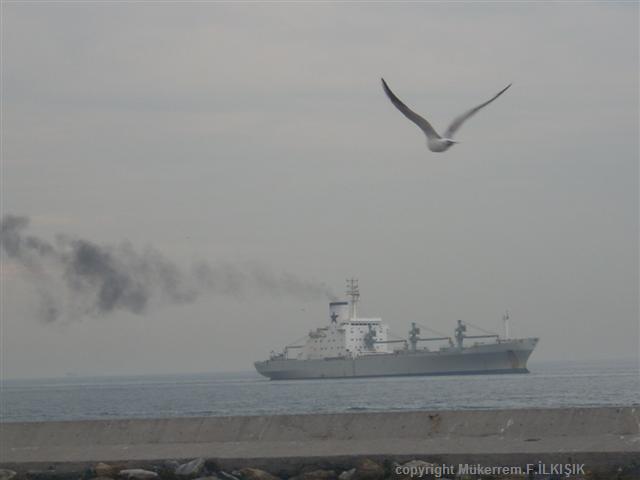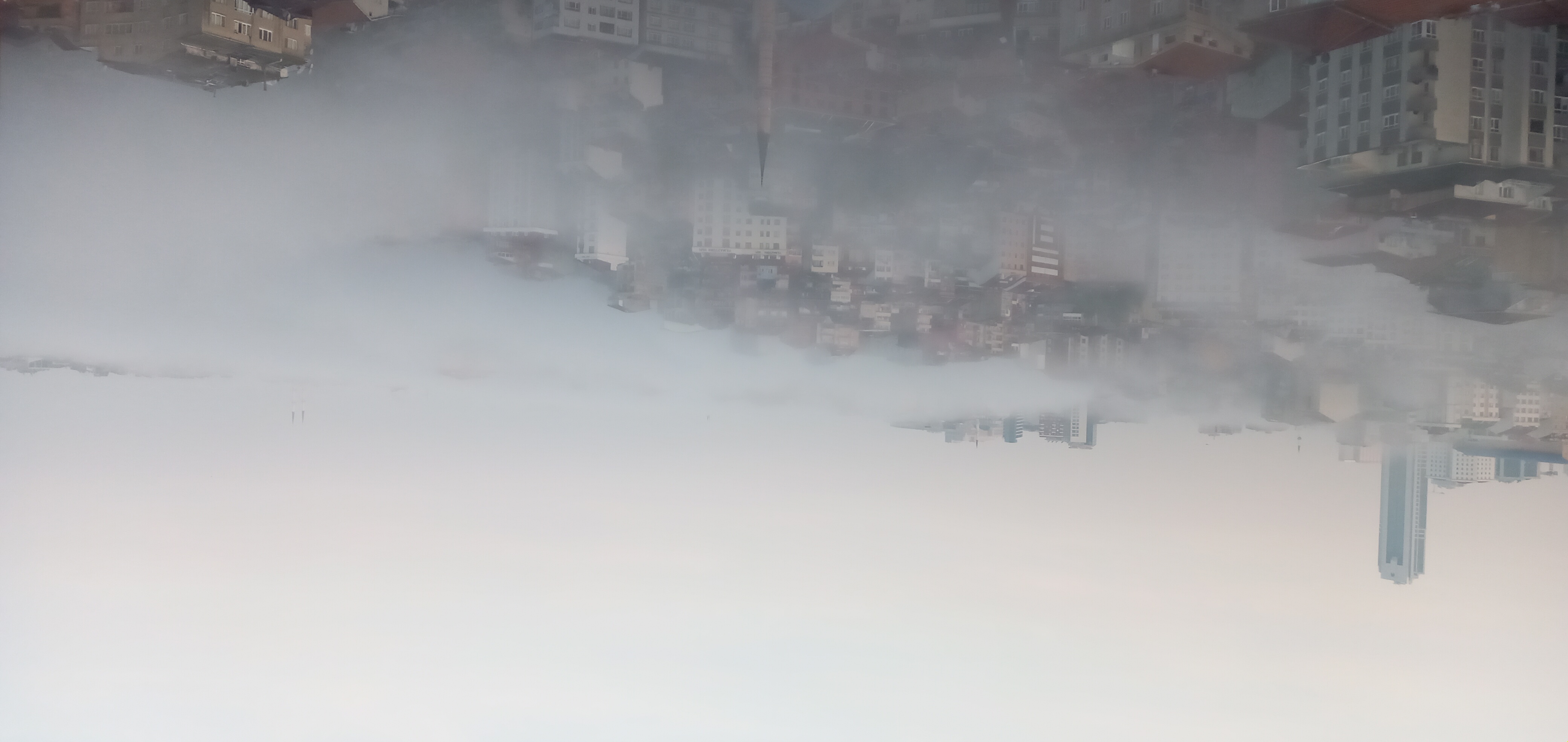
IMO Approves Controversial Draft Amendment on CO2 Ranking System
19 11 2020
The IMO's Marine Environment Protection Committee has approved a draft amendment to MARPOL that would assign a rating to existing ships based on their operational carbon emissions and their progress towards emissions reduction. Ships with a low rating would be required to submit an improvement plan, but there are no penalties for noncompliance.
According to IMO, the the draft amendment would require ships of 5,000 gt or more (which are already required to keep track of their carbon emissions) to calculate an "annual operational carbon intensity indicator," or CII. The CII determines how much the ship would need to improve its carbon intensity to achieve each of five rating levels, A, B, C, D or E ("major superior, minor superior, moderate, minor inferior, or inferior," respectively). Any ship operating three years continuously at level D or one year at level E would have to file an improvement plan showing how they can attain level C.
The performance level would be recorded in the ship’s Ship Energy Efficiency Management Plan (SEEMP).
There would be no penalties for noncompliance, and a vessel could continue to operate at level D or E without legal interference. However, port states and other stakeholders are encouraged to give incentives to vessels that voluntarily attain high ratings.
The draft amendments also include new measures for improving the technical efficiency of existing ships, in a manner comparable to the energy efficiency design index (EEDI) for newbuilds.
Intercargo and the International Chamber of Shipping released statements of support for the measures in advance of MEPC 75. The industry associations for European shipbuilders and suppliers, the Republic of the Marshall Islands and the NGO Transport & Environment all registered opposition (though their rationales and proposed remedies varied).
“The IMO has given the go-ahead to a decade of rising greenhouse gas emissions from ships. Europe must now take responsibility and accelerate implementation of the Green Deal. The EU should require ships to pay for their pollution in its carbon market, and mandate the use of alternative green fuels and energy saving technologies," said Faïg Abbasov, shipping director at NGO Transport & Environment, in a statement Wednesday.
As with other IMO convention amendments, the draft will have to be approved a second time at a future MEPC to enter into force.
Structural challenges for CO2 reduction
Highlighting IMO's challenges in reducing emissions from shipping, the Swedish maritime data company Marine Benchmark has released a new study on the global fleet's composition and its likely effects over the span of the next decade. Though carbon intensity has been reduced in recent years through slow steaming and more efficient vessel designs, total CO2 emissions have risen - and they will not be coming down anytime soon, according to the consultancy.
"The outright growth in international maritime CO2 emissions over the past decade, roughly 18 percent in total, will make it more difficult for the IMO to achieve its 2050 goal of halving international shipping CO2 emissions relative to 2008 levels," found Marine Benchmark.
Demand is down in 2020 due to the COVID-19 pandemic, and so are emissions, but previous trading patterns are expected to resume once effective vaccines are approved and distributed. That trade rebound will be shipped aboard an older fleet, as the newbuilding orderbook is at a multi-decade low and scrapping has fallen in parallel. Shipowners face considerable uncertainty about the future of the global economy and future regulatory requirements, creating an impediment to fleet renewal. That means fewer high-efficiency newbuilds and fewer new LNG-powered vessels entering service.
"We’re going to see older and older vessels on the water and the impact of the marginal gains already made from running ships more efficiently have already been felt. To bring down absolute emissions without impacting global trade, scalable low carbon fuels and new ships and engines to run them are needed," said Alastair Stevenson, the head of digital analysis at Marine Benchmark. "However, many shipping investors are sitting on their hands waiting for technological breakthroughs and regulatory certainty. The implications are that the shipping industry cannot deliver an absolute reduction in CO2 emissions by 2030."

Bu içerikle ilgili diğer bağlantılar:
